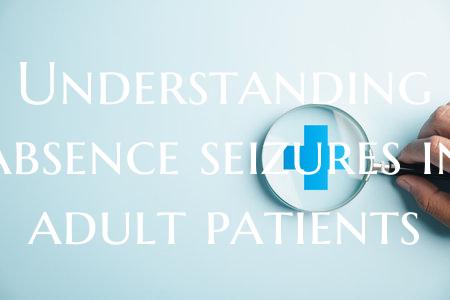
Understanding absence seizures in adult patients
Absence seizures, also known as petit mal seizures, are a type of epilepsy that typically manifests in childhood but can also affect adult patients. Unlike other types of seizures that involve convulsions and loss of consciousness, absence seizures are characterized by brief episodes of unconsciousness or altered awareness. These episodes may appear as staring spells or sudden pauses in activity, often lasting for just a few seconds.
In adult patients, the diagnosis and management of absence seizures can present unique challenges. It is crucial for healthcare providers to recognize the signs and symptoms of absence seizures in adults to provide appropriate treatment and support. Understanding the underlying causes of absence seizures in adult patients, such as genetic factors, brain injuries, or other medical conditions, is essential for effective management.
Treatment for absence seizures in adult patients often involves antiepileptic medications to help control and prevent seizure activity. It is important for healthcare providers to work closely with adult patients to monitor their response to treatment, adjust medications as needed, and address any potential side effects. Additionally, lifestyle modifications, stress management techniques, and regular follow-up care play a crucial role in managing absence seizures in adult patients.
By raising awareness and promoting understanding of absence seizures in adult patients, healthcare providers can help improve the quality of life for individuals living with this condition. Education, support, and access to specialized care are essential components of a comprehensive treatment approach for adult patients with absence seizures.